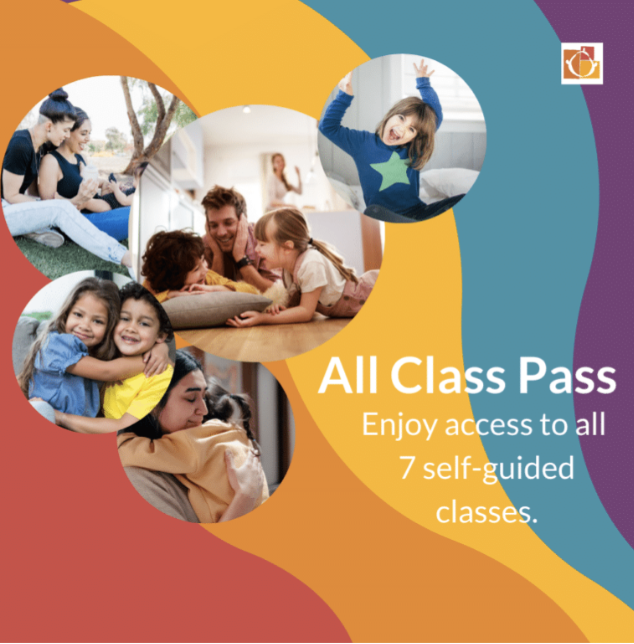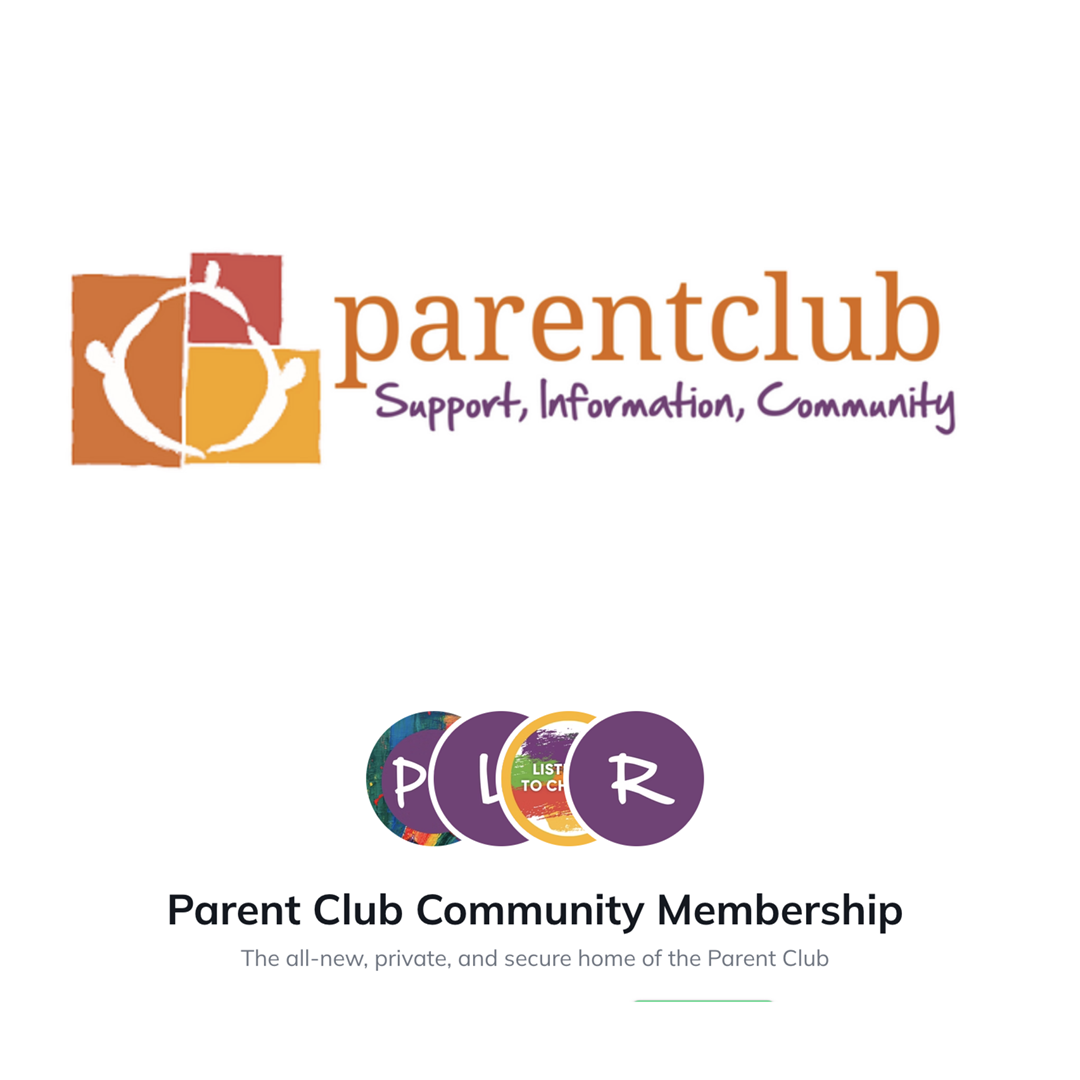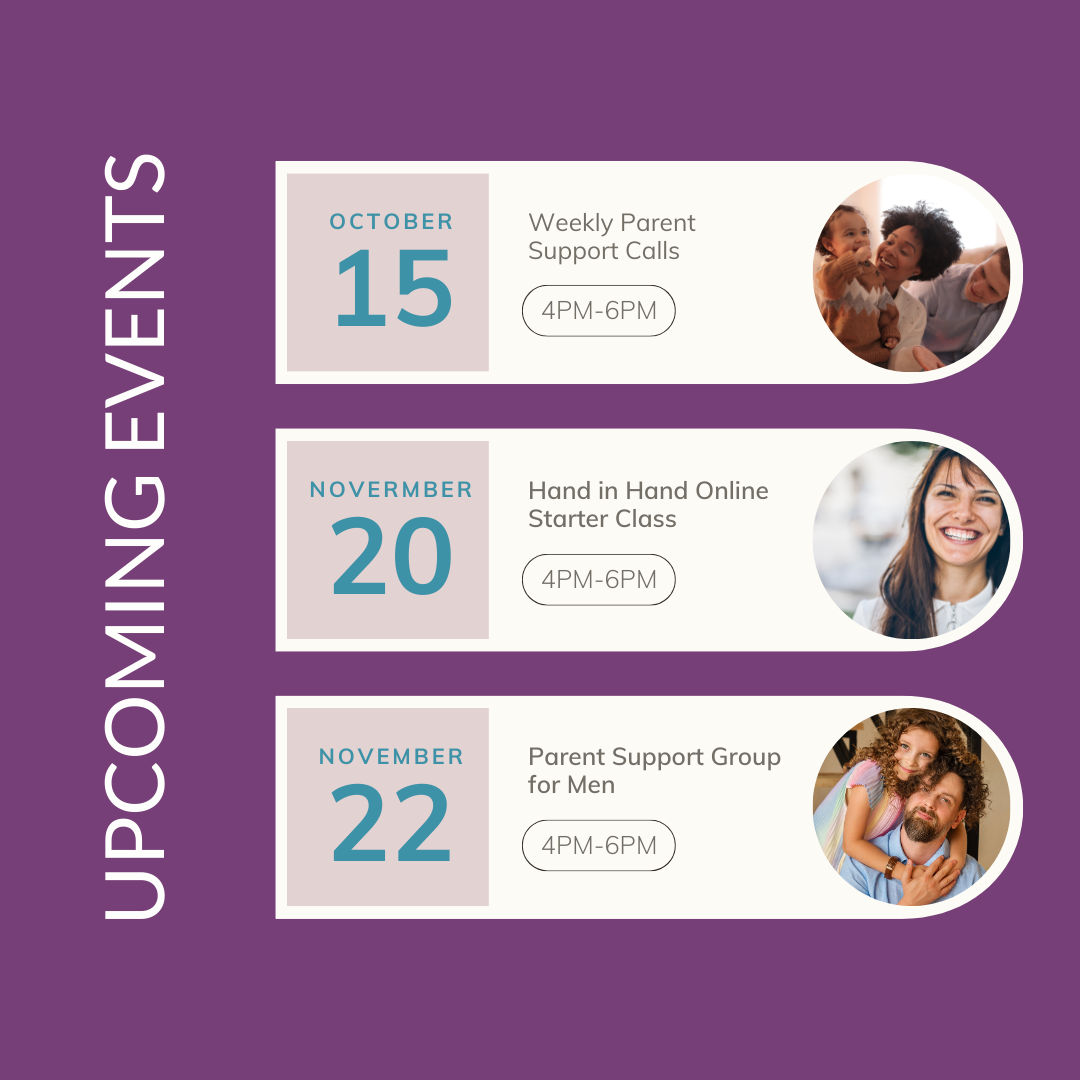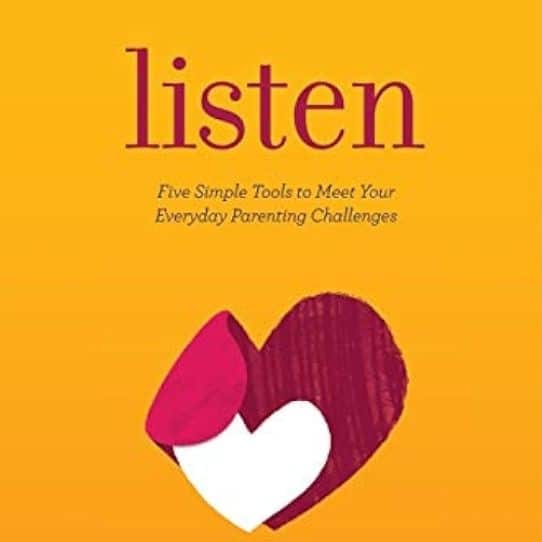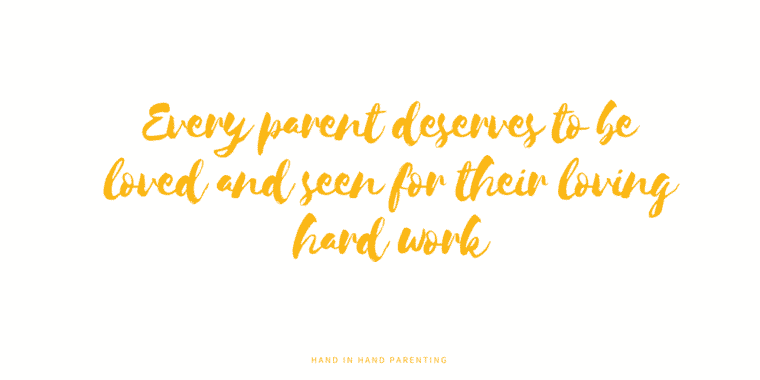
If your child’s behavior leaves you frustrated and feeling out of control and things feel really hard, you’ve come to the right place. If you are stuck with how to stop your child hitting or acting aggressively, continually whining or wanting to cling to you all day, you’ve come to the right place. If you are tired of yelling, or tired of feeling exhausted, you’ve come to the right place.
Hand in Hand is a warm community where you can share your challenges and get practical Tools to help that are simple to grasp and to apply. This approach is founded in empathy and connection – for you and your child. Parents, caregivers, educators and professionals across the globe use our five Tools over and over to help overcome behavior challenges. These Tools are fantastic when other mainstream parenting advice has not worked. Parents, whose children seem to be strong-willed, sensitive, defiant or have a history of trauma, find these connecting Tools make all the difference.
If you are just getting started with Hand in Hand, use this post as a guide to begin to lead your family to new breakthroughs. Get to know us and the Hand in Hand Tools. We’ve been supporting and nurturing the nurtures for over four decades, and we’re so glad you found us.
What is Hand in Hand?

Hand in Hand is a non-profit founded to help parents, caregivers, educators and professionals with the difficult work of raising children. Despite being the most important work that many of us will do in our lives, raising children remains ignored and under-supported. We help when caregivers are confused and frustrated about a child’s behaviors. On days they feel stuck and might yell more,
The Hand in Hand approach is based in brain-science and takes full consideration of a child’s emotional world. Our Tools help caregivers build a stronger connection with children, using a positive, nurturing approach.
Which Behaviors Does Hand in Hand Help With?
Supporting Parents and Caregivers
Caregivers use our tools everyday to help with:
- Aggression and defiance
- Tantrums, upsets, and meltdowns
- Whining and attention-seeking behaviors
- Sleep, eating, and toileting challenges
- Improving low confidence and anxiety
- Sibling rivalry
- Separation anxiety
- Overcoming trauma
As a caregiver, you can expect to feel more relaxed and confident as you learn how to apply the Tools and start solving your challenges.
Support For Professionals Working With Children
The Hand in Hand Tools are also used by therapists in practice, doctors and nurses in medical settings, and by teachers and carers in nurseries, daycare, kindergartens and schools. We have developed a curriculum that helps educators bring connecting Tools into the classroom. You can read all about our research project here. If you are a professional who works with children and you want more connecting strategies this page has many resources.
How Did Hand In Hand Begin?
Hand in Hand was founded by Patty Wipfler in 1989, under the name Parents’ Leadership Institute. Today, we are a global non-profit, with Certified Instructors trained in the Hand in Hand approach working with families, educators and professionals around the world.
What Parenting Style Is Hand In Hand Parenting?
We are an authoritative approach, that is child centered, warm and nurturing. Children raised using Hand in Hand’s five Tools are emotionally-healthy, resilient kids, with a strong adult-child bond.
What Child Ages Does Hand in Hand Parenting Work With?
Any age! Whether your child is 3 months, 3 years, 13 years or older; whether you live or work with a child – these Tools work. While many parents find us when their children are just emerging from babyhood and becoming a person with a voice and will of their own, we regularly see breakthroughs with children of all ages. It is never too late to adopt the tools and turn around challenging behavior.
How Does the Approach Work?
Hand in Hand centers on five connection Tools that you can use with children every day, including those really challenging moments. We help you understand a child’s emotional processes and what is underneath their difficult behaviors. The Tools give you practical and supportive ways to respond; to help them get back on track and cooperate. When you lead with connection, this builds confidence.
How Often Should I Use the Tools?
You’ll see big boosts in your relationship with the children in your life when you use each of the Tools regularly and in tandem. As you deepen your connection, children become more playful, resilient and confident. They’ll be more cooperative, ready to share and try new things.
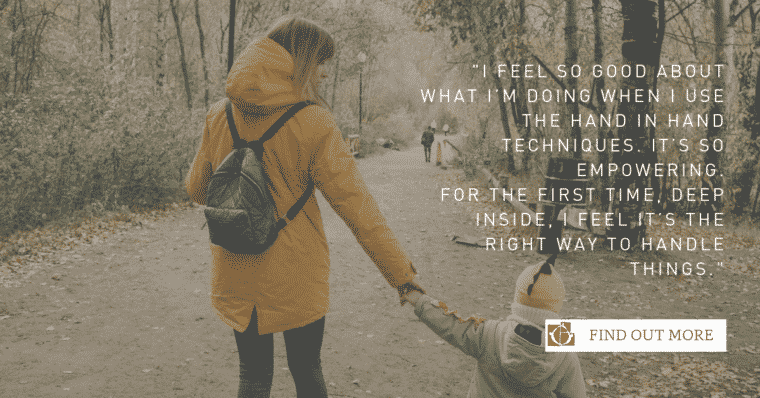
How Do I Use These Five Tools?
It’s up to you! Although the Tools work in almost every challenging situation a child might present – including anger and aggression, eating and sleeping issues, sibling rivalry, and sharing, tantrums, and clinginess – we don’t prescribe a one-size-fits-all approach. Why? You know your child far better than us! The tools will help you identify why a child goes off-track and when. Then you can choose which Tool will work most effectively for you in each situation.
What Are The Hand In Hand Tools and How Do They Work?
Special Time – Special Time is a Tool you can use daily to build trust and connection with your child, and will help boost their resilience and confidence.
Setting Limits – Our three-step approach to Setting Limits is calm, warm and firm, giving your child a solid framework in which to thrive.
Staylistening – Provides you with a way to anchor your child through their big upsets.
Playlistening – Shows you how to respond to your child in their language – using the superpower of play!
Listening Partnerships – Helps you manage all the worry, frustration, stress and sadness that you can feel as a parent, and return to your family re-energized and empowered.
How Is It Possible To Parent Without Punishment?
Hand in Hand’s approach is based on connection and informed by brain-science. We know that when connection breaks, it triggers a child’s upsets. A child may signal the need for connection by crying or tantruming, whining, or acting aggressively. Punishments like time-outs, bribing with consequences or rewards further accelerate the feeling of disconnection, and so the behavior continues and often worsens. The Hand in Hand Tools focus on rebuilding the connection so that the behavior stops. This gives you a supportive and non-punitive way to respond that helps a child get back on track
How Can I Get Started With Hand in Hand?
Our Tools give you an empathetic way to connect with children that, for many of us, feels new and different. It can take time to learn and adjust. Our mission as a non-profit is giving you as much support as possible, with places where you can learn, ask questions and find community. You deserve the same warmth and connection you give to your child. You’ll find lots of free support and resources, right here on our website. Click on specific topics or use the search bar to view our articles, blog posts, podcasts, support groups, and classes.
. Our best advice is to make use of all the Tools. See your parenting as a practice. Some days will be harder than others. But you will see big breakthroughs, and you will gain a deep understanding of your child’s habits, emotions, triggers and delights. One of the best things we hear from parents is that when they use these tools they experience more laughter and play with their kids, and more joy as a parent
How Do I Start Using The Five Tools?
Start by reading this introductory post and join the new Hand in Hand Network There you’ll find a network of Instructors, supportive peers and a free 5 Tools mini-course – a step by step guide to using each Tool in the Hand in Hand approach.
Also jump right into our Parent Club Community on the Hand in Hand Network where you can ask daily questions as you start using the Tools. You’ll get coaching-on-demand in a vibrant discussion group, weekly Support Calls and curated Resource Guides to help you get faster results as you create more cooperation and peace in your home and community.
Get These Three Free Guides
If you are new here, read these three free guides:
How Children’s Emotions work: Free guide
Free Guide to Children’s Anger: Reaching For Your Angry Child
Turn 5 Minutes A Day Into Connection Time: Free Guide to Special Time
Read The Book
Read the book Listen, by founder Patty Wipfler. The book gives a thorough introduction of each Tool, with hundreds of examples from real families who use them. It’s available in paperback, ebook and audio and every penny made from book sales goes back to Hand in Hand Parenting. We use those funds to create more resources and run community programs. You can buy via Amazon, audible or direct from us.
Take A Class
Next: Take a class. We have eight to choose from:
- Foundations Course: In our 6 or 8 week flagship class you’ll work with a Hand in Hand Instructor in a small group (online or in person). Each week you will learn and practice one new Tool.
- Taming Sibling Rivalry: Understand what’s at the root of sibling tensions, and create a more peaceful home.
- Helping your Child with Aggressive Behaviors: Effectively stop hitting, kicking, biting, yelling
- Setting Limits and Building Cooperation: Foster cooperation in your family
- Helping Your Child Sleep: Confidently help your child sleep through the night
- Say Goodbye to Separation Anxiety: Address the crying, tantrums, and aggression that accompanies difficult transitions
- Staying Close to Your Tween: How to use the Hand in Hand Tools as your young one turns into a tween.
- Building a Listening Partnership: Leave guilt, frustration, and a short temper behind as you become a relaxed and more confident parent.
Get Regular Support
Raising children is a practice, and we have many ways for you to get regular support.
- Join our Parent Club Community: Membership gives you daily contact with Instructors and community, new resources, checklists and reminders, weekly live support calls for Listening Time and coaching, free access to our Building Cooperation Course, plus 25% OFF the list of courses above.
- If your child’s behavior seems unworkable and you are at a loss for what to do, we offer personalized confidential one-on-one consultations with one of our Senior Certified Instructors
You Deserve Support
As a parent, caregiver, educator or professional you deserve a community where you can be inspired, as you get support, encouragement and understanding for this demanding role. We hope this post gives you a good starting point for your Hand in Hand journey. If you have questions, please reach out to [email protected].
